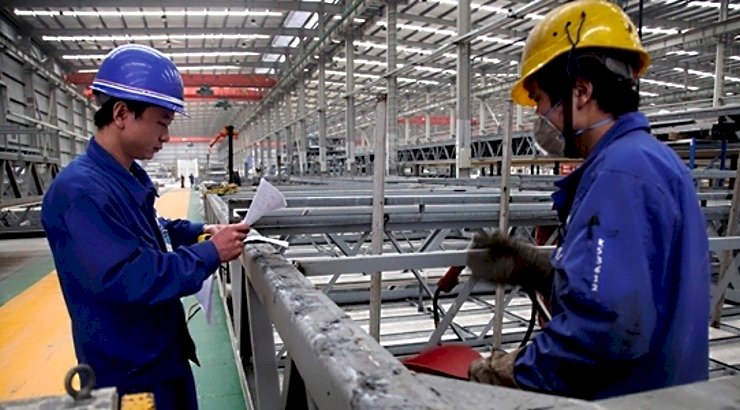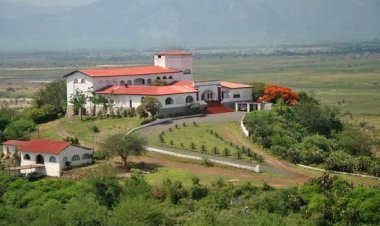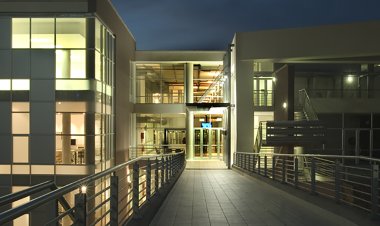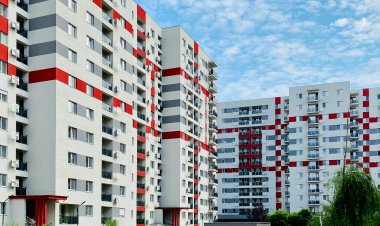The Chinese and Real Estate Development in Kenya
Over the recent past, the Chinese have gradually "invaded" Kenya with an aim of putting up development projects. With the government partnering with their nation, there has been an increased presence of the Chinese in the Kenyan real estate industry.

Chinese have top companies such as Aviation Industry Corporation of China (AVIC), China Wu Yi Co. Limited, and Twyford ceramic investing over 50 billion projects in Kenya with the intention to expand their businesses and be the leading revolution in the Kenyan real estate industry. With an expectation of AVIC international having Kenya as its headquarters, this sure is a way to attract more developers in the Kenyan property market and encourage more developers to follow suit.
For any country, innovation plays a big role in the real estate industry, it determines who the leader is, this has made many Chinese businesses to move into the Kenyan property market with a keynote to conduct both construction and selling of the property projects on their own.
A report by the herald, states that the companies were only involved in construction before but have now consolidated with sales companies to make more profit. This is one way or another is able to beat up Kenya's property market turmoil of incomplete building and reduced buying power defying the normal trend despite a sluggish uptake it's way more optimal than their local counterparts.
Chinese ability to maximize resources also set in a big difference from the local developers in that: in a compound where local developers maximize up to 50 units at most, the Chinese developers may go up to 100 units. With this, a house that the local developers may sell at 17 million will cost in the same place 11 million. They both will sell, but the Chinese developers will eventually sell faster and with a great save on the units per compound. Also, Chinese developers are keen on building modern homes since they can do quite a big number of houses at once with this they also take advantage of the economies of scale and keep their expenses low. They also try not to make such a profit from a single unit from the project.
Chinese developers also get cheap labor by; hiring local workers 99% only leaving 1% to be Chinese employees. With local works earning Ksh 400 on a daily basis this is five times less than the amount they pay the Chinese employee. This is a way also to save on the cost of construction hence help clear up rolled out projects easier and quicker than the Kenyan property market.
In an interview with the standard media group, Rajwayi, a Kenyan developer, said that "ordinarily we try and complete a project - which has between 600 and 700 houses - within a year. You note that costs tend to escalate when there are long decision-making processes and other factors that may slow down a project." This is a clear indication that there is a lot of profit that developers gain when the duration of the construction is cut shorter.
Nearly almost all players in the property market whether Kenyan or Chinese are all struggling. With many players targeting majorly the wealthy individuals are the main targets for the local developers, the average price for a one to a three-bedroom house going for about 14 million. This is another loophole the Chinese developers trying to solve. This makes Chinese developers get more buyers due to their low pricing.
Additionally, Nairobi, Kenya's capital city is home to African headquarters to several international organizations. Just like the United Nations whose employees play a big role in supporting the local rental market and a major deal in attracting actors in the Kenyan property market.

































